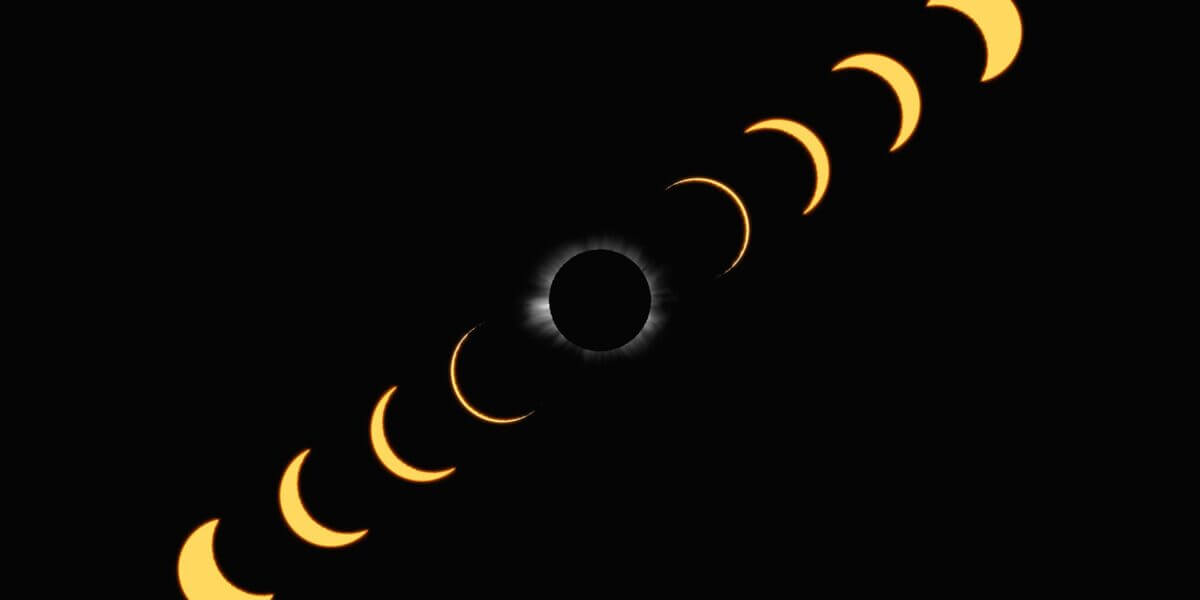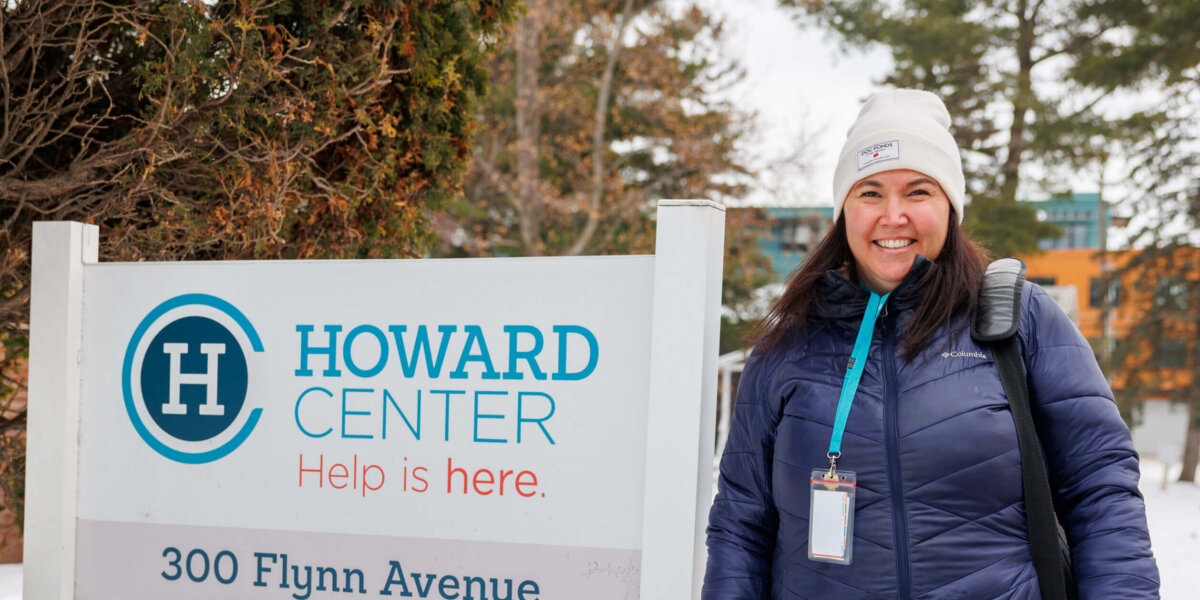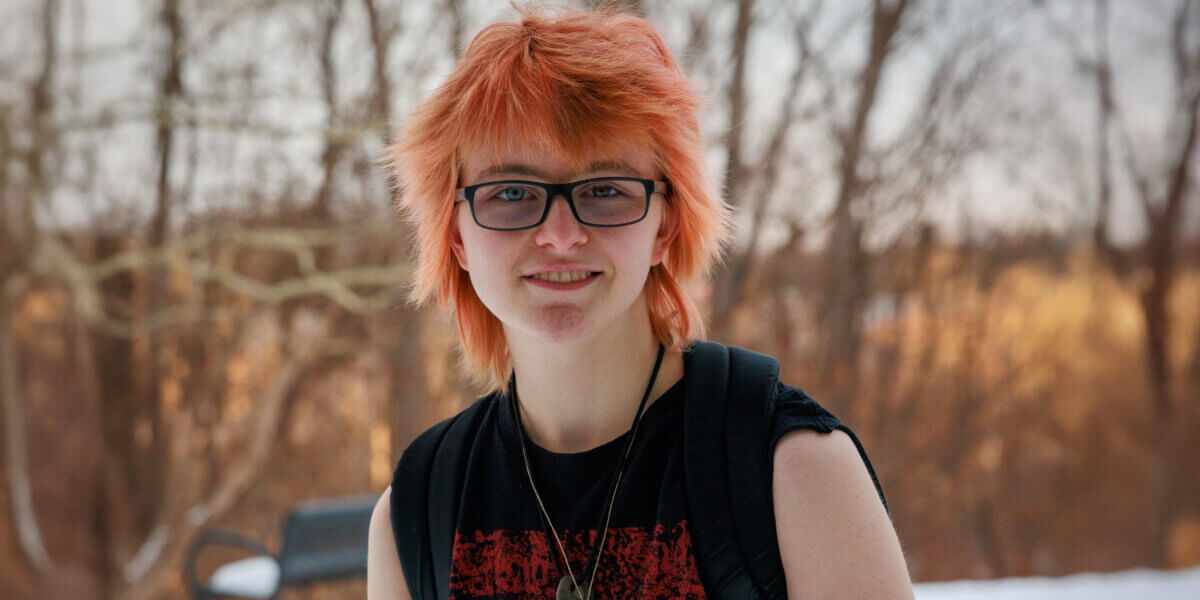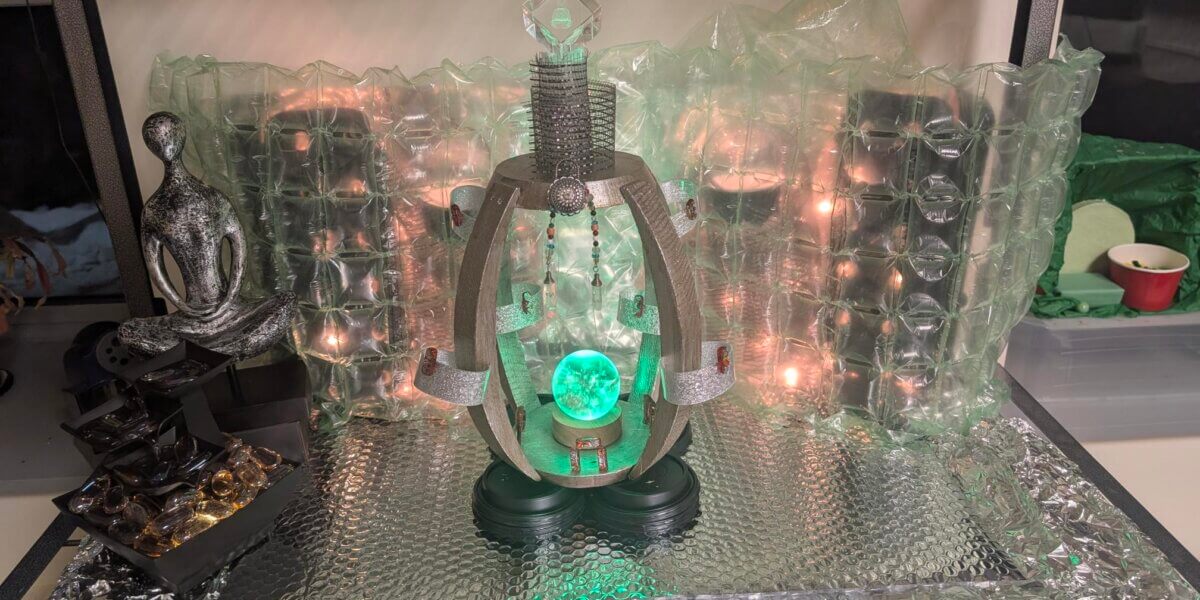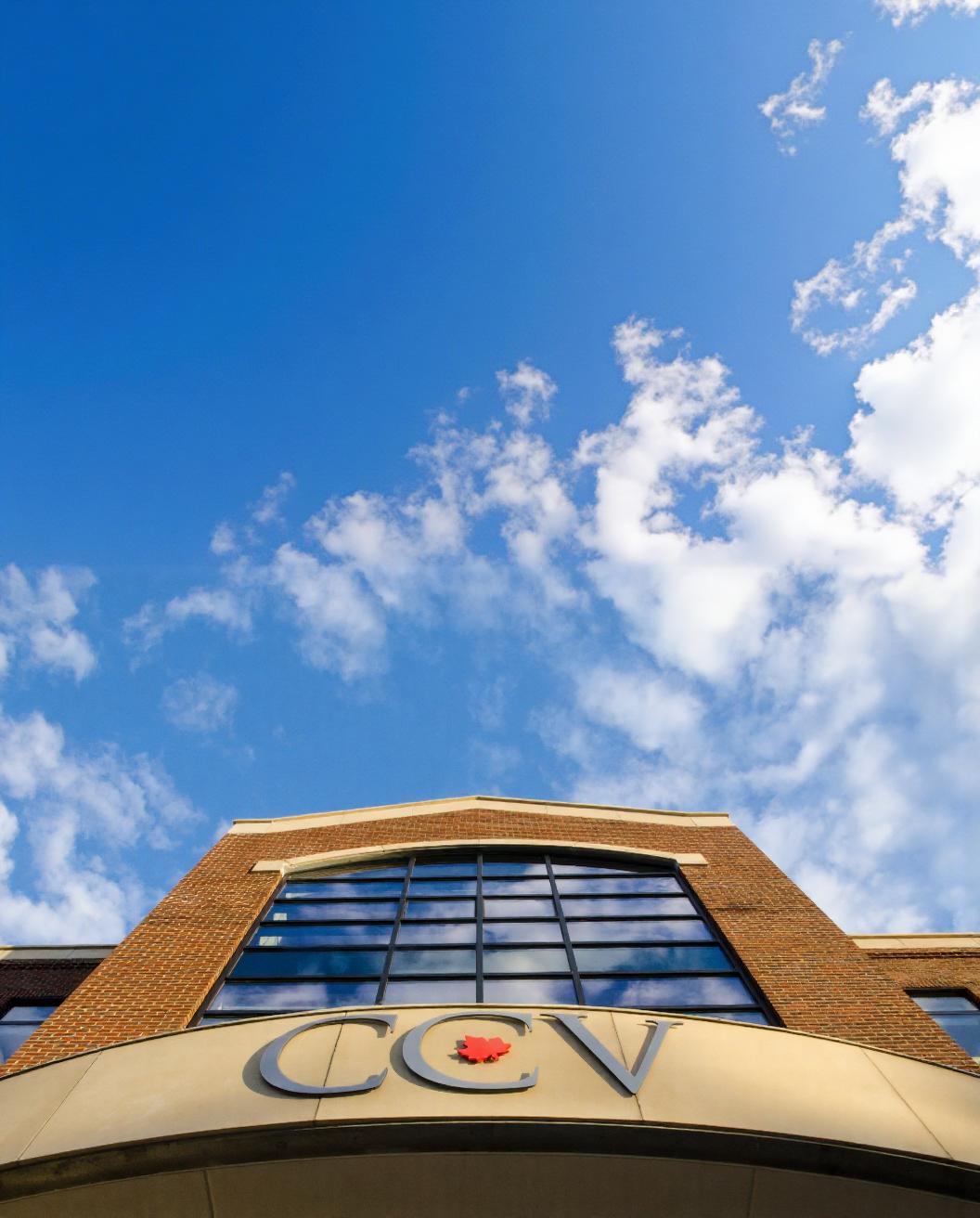As Vermont prepares for next week’s total solar eclipse, we checked in with staff and faculty about CCV’s plans to view and celebrate this once-in-a-lifetime phenomenon.
“It’s kind of a monumental event for our whole state for a lot of reasons,” said Jen Guarino, coordinator of teaching and learning for science and allied health. In her role, Guarino supports faculty, including those who teach physics and astronomy.
“It’s just a really big deal because it’s one of those events that occur within the solar system that we can perceive where something is so utterly different than everything we experience on every other day, of every other year, and most other centuries,” Guarino said. “It’s also a unifying event, because that path of totality is going to cover a big swath of our country. It’s something humans have in common, which is a nice thing to think about.”
CCV academic centers will be closed on Monday, April 8, in accordance with recommendations from Vermont’s Emergency Management division. But in St. Albans, which is directly in the path of totality, CCV community members will participate in the City’s “Totality in Taylor Park” eclipse celebration. The event will feature musical performances, food vendors, and more. CCV will table at the event and provide activities for kids and families.

“The City is very pleased that we’re going to be doing some educational stuff with the public,” said Guarino. CCV has been a fixture in St. Albans since 1981, and in late 2020 moved to a new state-of-the-art space in the heart of downtown, just blocks from Taylor Park.
Alan Peel, who started teaching astronomy classes at CCV last fall, will join the festivities on April 8th to help visitors better understand the eclipse. Peel is a physicist with a Ph.D. in cosmology. He did postdoctoral research at the University of Cambridge and the University of Maryland, where he spent 15 years as a lecturer and ran an honors program. He’s enjoying his new role at CCV, which is his first experience teaching at a community college. “I appreciate the incredible attention to student success that is clearly built into the system,” he said.
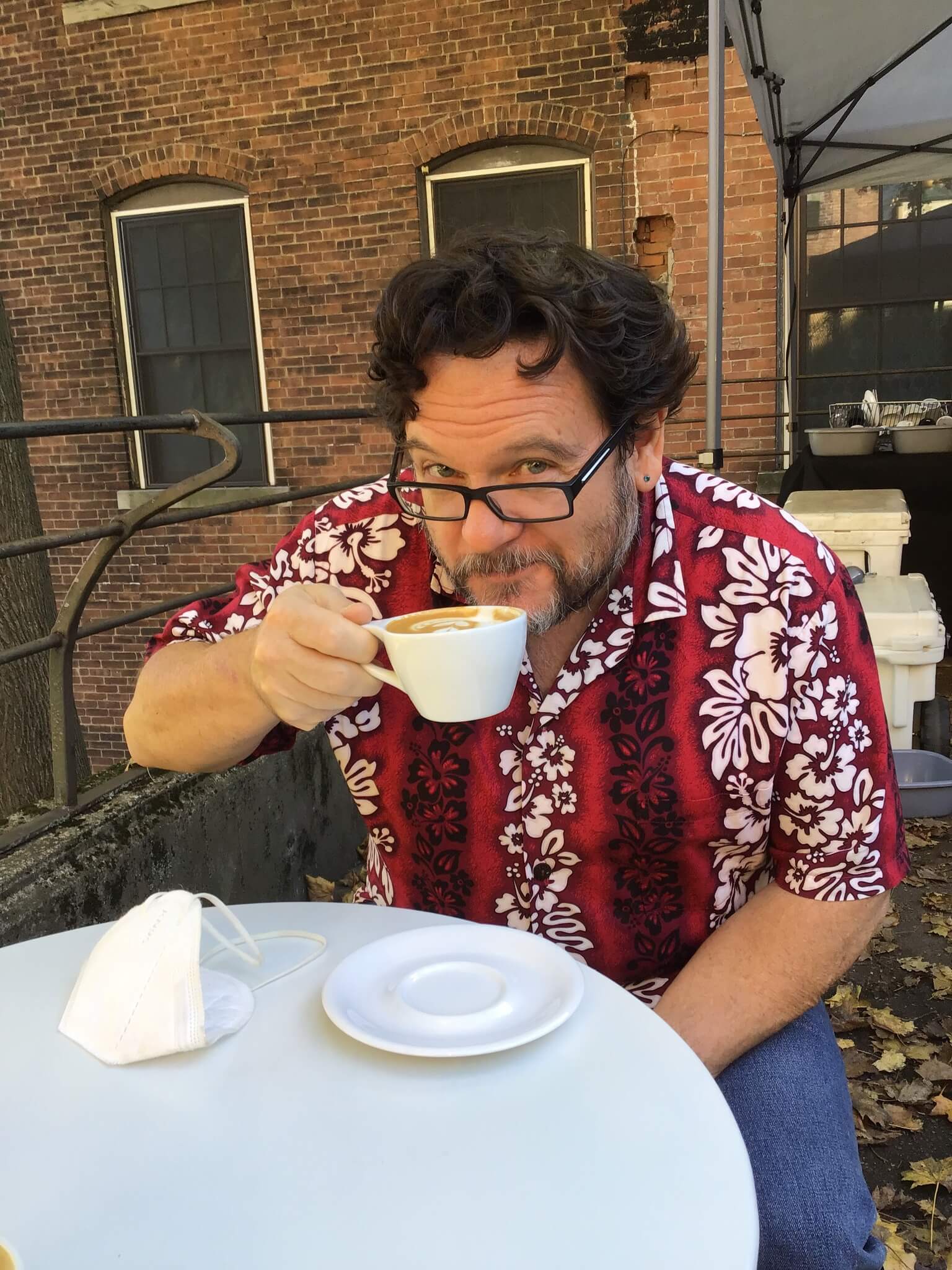
Peel is eager to see his first total solar eclipse. “I don’t want to jinx it, but I’m really excited about totality, because everyone who’s been in it has described it as awe-inspiring.”
He agrees with Guarino: the eclipse is not just an astronomical event, but a special opportunity for community-building. “One of the cool things about looking out at astronomy in general, and especially these sorts of events that bring everyone together to do it, is a reminder of sort of our common humanity,” he said. “Every now and then there’s a reminder that there are things so far beyond our control, there’s nothing we can do about it…but it’s predictable, it happens like clockwork, and we can all share in it…it makes it more of a bonding experience, and I think the effort that then people go to means that they’re invested in it. And I think that’s very cool.”
